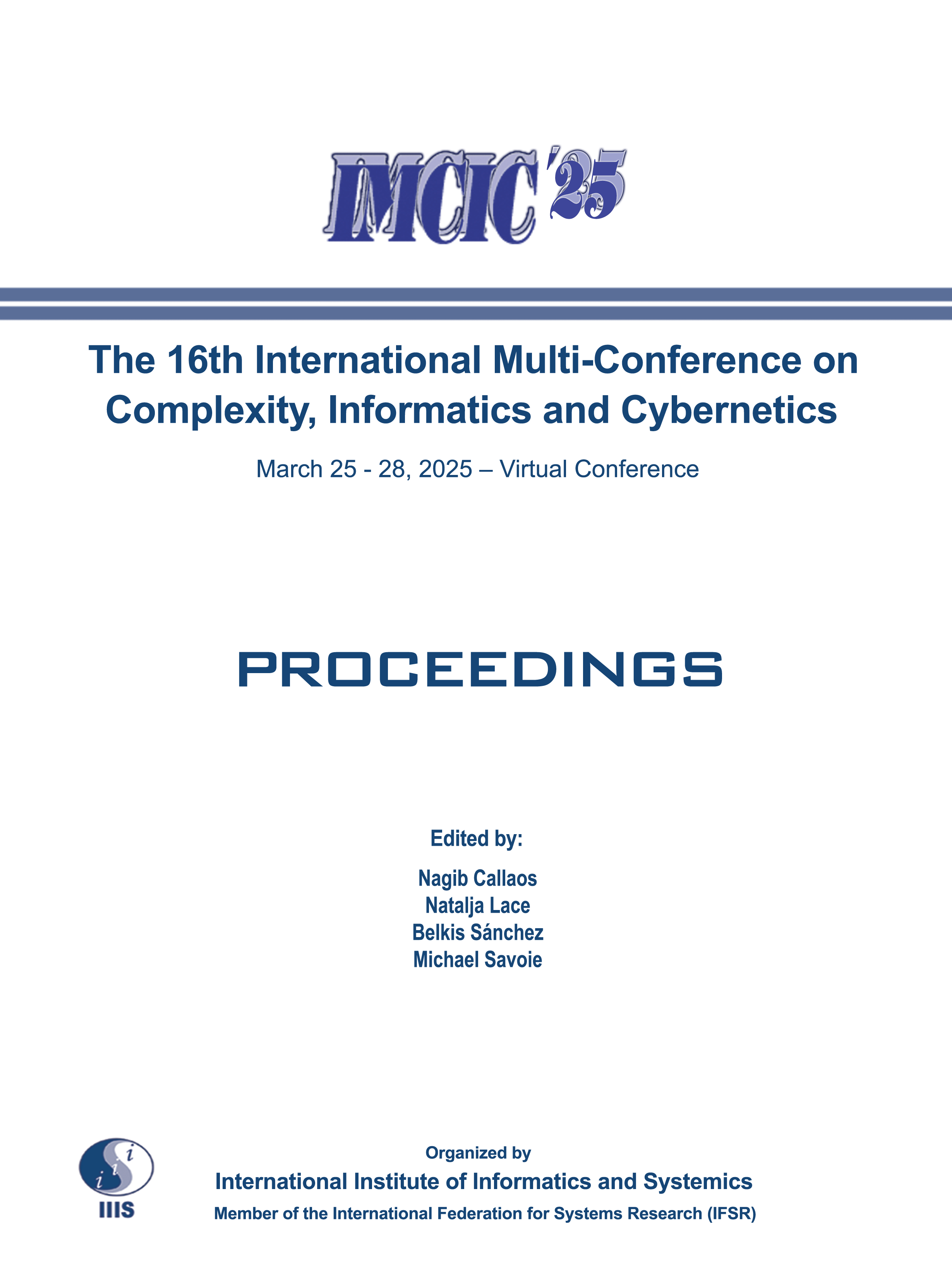2025 Spring Conferences Proceedings

|
Tax Benefits of the Income Tax Systems of the Baltic States: Comparison and Assessment
Ilze Sproge, Natalja Lace, Aina Joppe
Proceedings of the 16th International Multi-Conference on Complexity, Informatics and Cybernetics: IMCIC 2025, pp. 216-220 (2025); https://doi.org/10.54808/IMCIC2025.01.216
|
The 16th International Multi-Conference on Complexity, Informatics and Cybernetics: IMCIC 2025
Virtual Conference March 25 - 28, 2025 Proceedings of IMCIC 2025 ISSN: 2771-5914 (Print) ISBN (Volume): 978-1-950492-84-8 (Print) |
|
Abstract
The tax systems of the Baltic States—Latvia, Lithuania, and Estonia—each offer distinctive approaches to personal income tax (PIT) relief, balancing economic and social priorities in different ways. Latvia and Lithuania utilize progressive tax systems aimed at reducing income inequality through targeted allowances, while Estonia's flat tax structure emphasizes simplicity and economic efficiency. This article compares and evaluates the PIT relief systems in these countries, examining their theoretical foundations, practical applications, and socioeconomic impacts from 2000 to 2024. The analysis employs theoretical frameworks, case studies, microsimulation models, and cost-benefit and statistical evaluations. The findings reveal that while progressive systems effectively mitigate inequality, they introduce administrative complexity. In contrast, Estonia’s flat-rate system encourages investment and economic activity but falls short of addressing redistributive goals. This comparative analysis highlights the trade-offs inherent in PIT systems and offers insights into optimizing tax policies for balanced economic growth and social equity.
|
||




